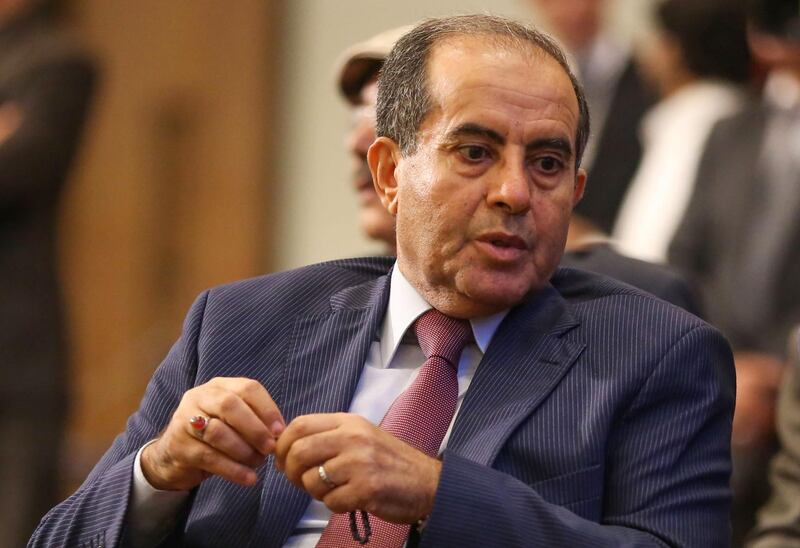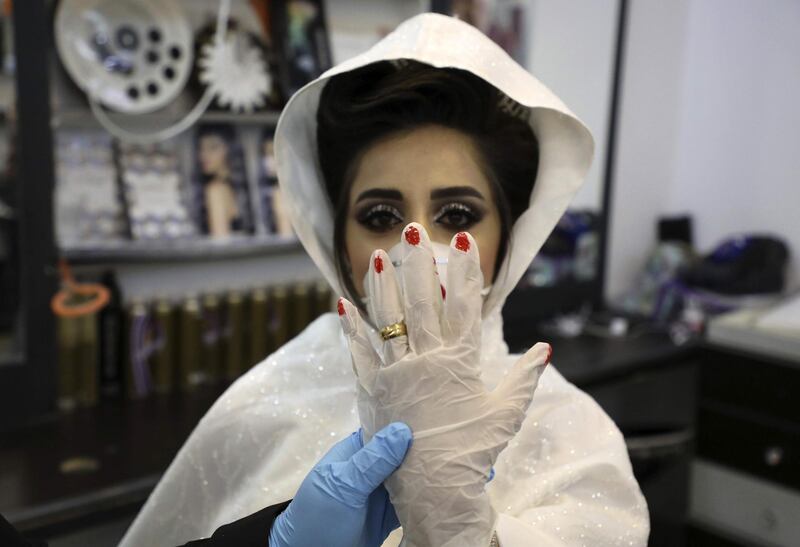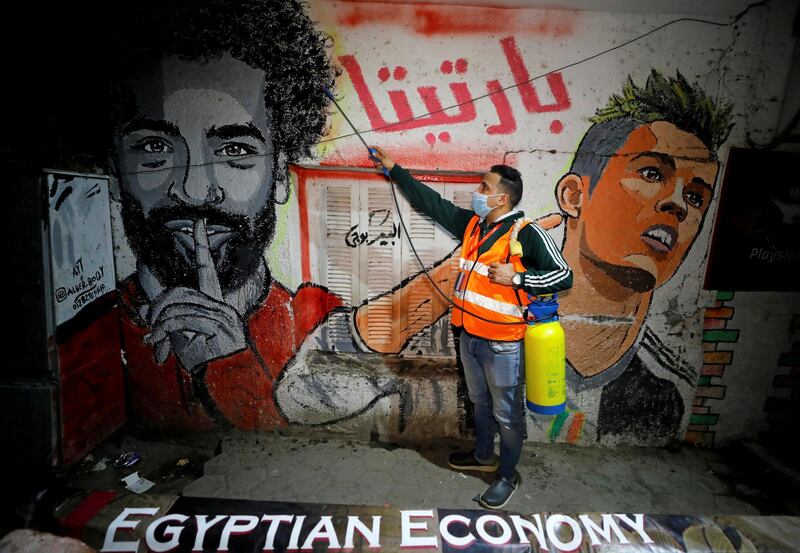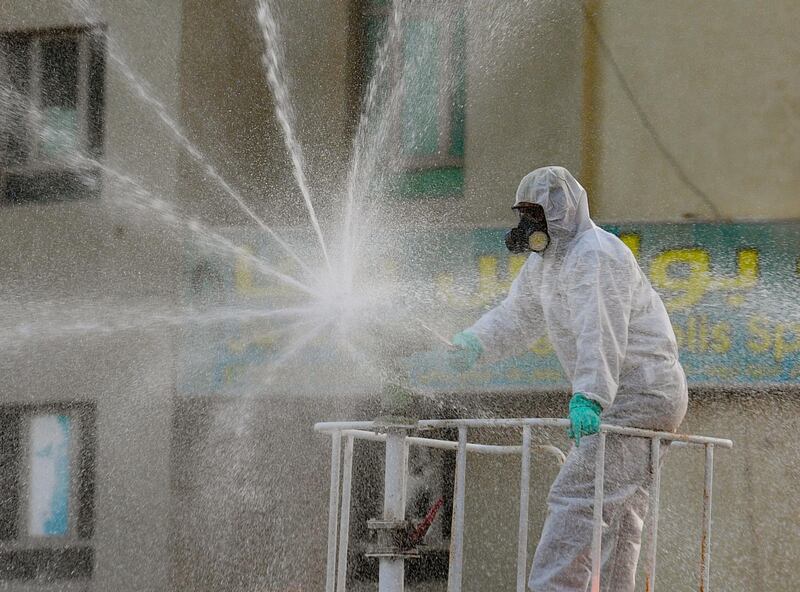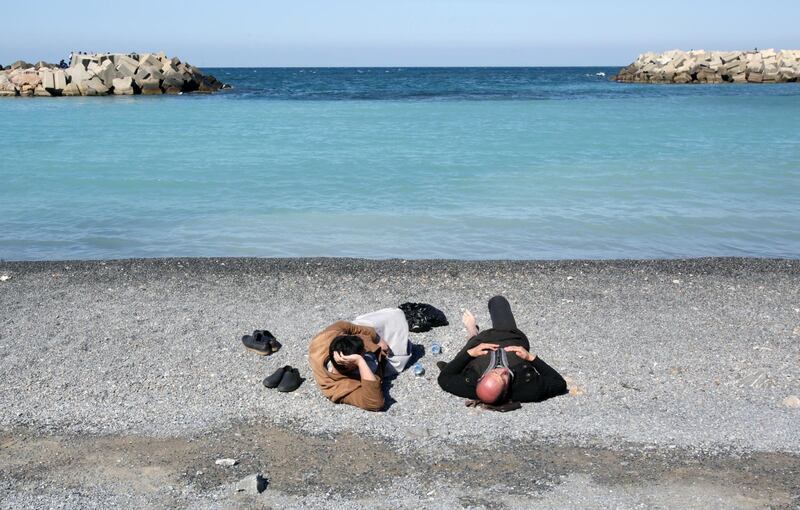In Libya’s first frenetic months following the ouster of 40-year ruler Muammar Qaddafi, few individuals shaped the country’s fast-moving political events more than Mahmoud Jibril.
The former head of Libya’s revolution-era National Transition Council (NTC) seemed in 2012 on the cusp of becoming the country’s first democratically elected leader.
Now, eight years later, Libyans and international leaders are mourning the war-time prime minister who rallied the international community to the Libyan opposition’s cause but also failed to seize the historical moment presented following the revolution.
Dr Jibril died in Cairo over the weekend at the age of 67 after contracting the novel coronavirus.
With the violence that has plagued Libya since the Nato-backed uprising in 2011 more entrenched in 2020 than at any other point since the fall of the Qaddafi regime, the verdict on Mr Jibril’s is as complicated as the legacy of the revolution itself.
Formerly an economic advisor to the regime that he would ultimately play a pivotal role in overthrowing, Dr Jibril’s timely defection to the Libyan opposition at the start of the uprising thrust him to the fore as prime minister in the NTC.
His energetic advocacy of the Libyan opposition in the months beforehand led in part to backing from large portions of the international community, particularly in the US and Europe. The western-educated politician’s manoeuvring to remain in position at the helm of the NTC until Qaddafi’s death seemed only to burnish his credentials as a future steward of the Libyan transition.
In 2012, Dr Jibril joined the relatively liberal political coalition, the National Forces Alliance (NFA), and was later elected its leader. In Libya’s first democratic elections in July of that year, the NFA emerged as the largest minority in the newly created General National Congress which was dominated by independent members.
Dr Jibril’s ambitions to return as an elected prime minister were thwarted in a series of votes. Prime Minister Ali Zeidan was ultimately elected by the parliament’s two largest blocs as a consensus candidate but despite the broad initial support even Mr Zeidan was forced to flee the country in March 2014. Dr Jibril also went into exile, in the UAE and then latterly in Egypt where he died in a private hospital.
In a tweet on Sunday, UAE Minister of State for Foreign Affairs Dr Anwar Gargash expressed his condolences.
"We lost today a good friend, Dr Mahmoud Jibril, the ex-Libyan prime minister who passed away in Cairo," Dr Gargash said.
"The deceased loyally worked for his country and people. True condolences and comfort to the family of the deceased."
Britain’s former ambassador to the Libya Peter Miller mourned the former Libyan leader as man who always looked forward.
“Rest in peace Mahmoud Jibril. Always someone who looked ahead and talked common sense. A loss for Libya,” he wrote on Twitter.
The United Nation’s acting Libya envoy Stephanie Williams has said in a statement that Dr Jibril had devoted his life to his country. “Dr. Jibril was particularly dedicated to building civil society and promoting the inclusion of women and young Libyans in politics. Dr. Jibril was a friend and mentor to many,” she wrote. “He will be greatly missed.”
In Libya, to those sections of society that at one point viewed Dr Jibril as a possible leader, his inability to curb the power of the country’s powerful militias in the aftermath of the revolution is still viewed with frustration.
The former NTC head had continued to participate in the UN-led dialogue in Libya, though that effort too has increasingly stalled in the face of the internecine battle to control Tripoli which entered its second year on April 4.
